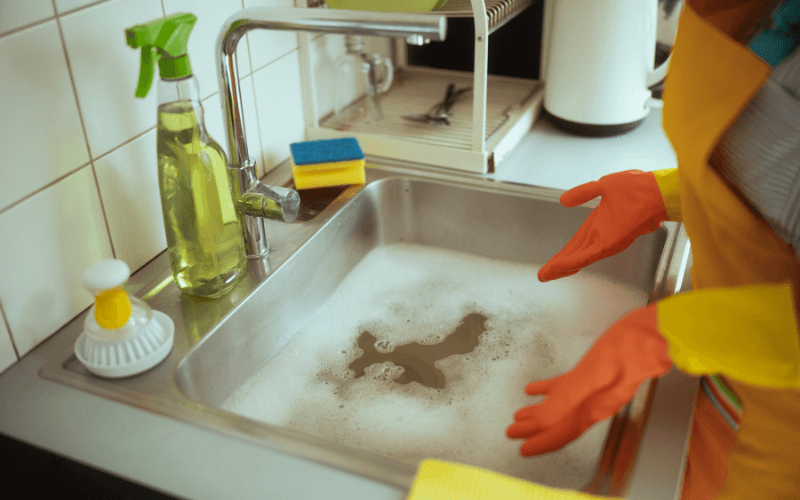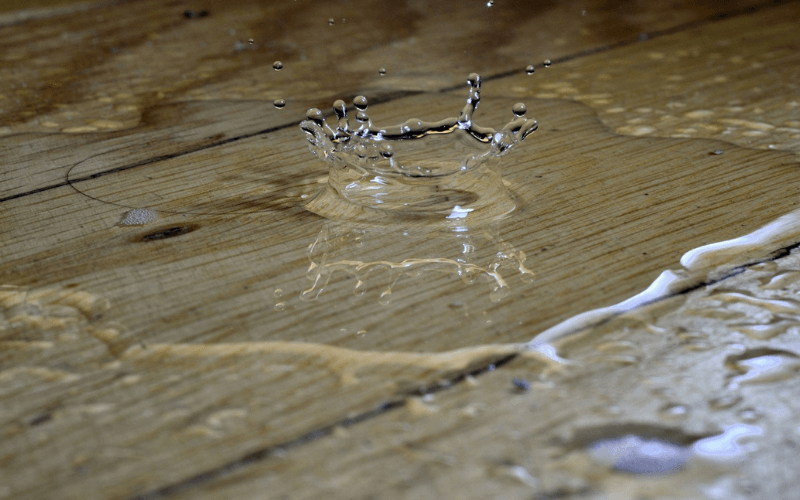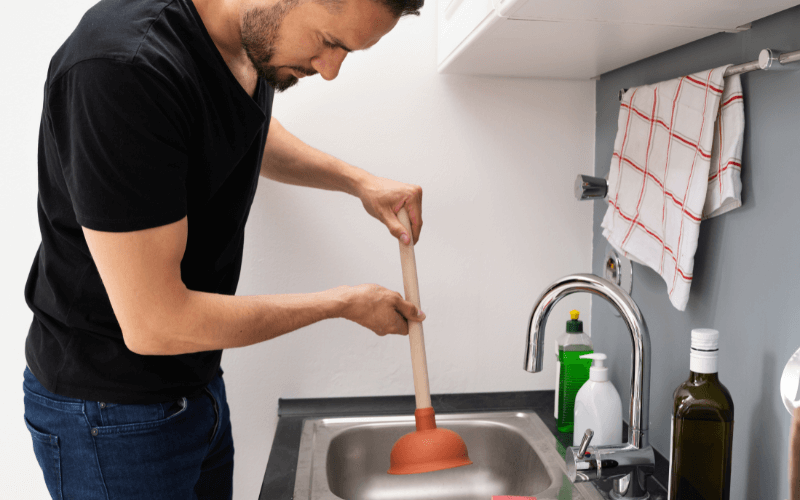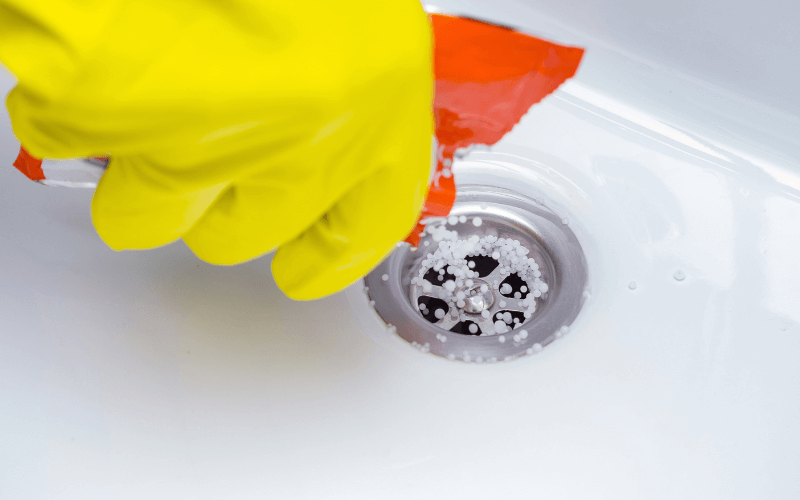Whereas most homes’ drains are connected to sewers (which carry wastewater to treatment plants such as the Avonmouth water recycling centre in Bristol), some lead to nearby septic tanks instead. These private, underground tanks don’t sound very appealing – ‘septic’ means they contain microorganisms such as bacteria – but they’re hugely important to many homeowners. In fact, the UK Centre for Ecology & Hydrology estimates that up to half a million properties in England and Wales use septic tanks to process their wastewater.
Perhaps you’re moving to a house that relies on a septic system. You may be wondering what that means and why the property isn’t linked to the sewer network. Fortunately, the drainage specialists here at Mega-Rod provide a first-class septic tank emptying service in Bath, Bristol and beyond, so you can rely on us to bring you up to speed.
You can think of a septic tank as a small-scale, on-site wastewater processing facility. (To give you an idea of size, a tank buried in the grounds of a four-bedroom house with six inhabitants will need to have a capacity of around 2,900 litres.) Septic tanks are watertight, made of durable materials such as concrete, fibreglass or plastic, and can be rectangular, cylindrical or spherical.
A typical septic tank is divided into two chambers. Wastewater and related material from the property’s bathroom, kitchen, utility room, etc. flows from the drains into the first chamber via an inlet pipe. A process known as settlement takes place, driven by gravity: solids sink to the bottom of the chamber while substances that are less dense than water, such as oil, rise to the top and float. These two layers are called sludge and scum, respectively. Helpful bacteria break down some of this waste.
Next, the water leaves behind the sludge and scum and flows through a pipe into the second chamber. (The layers of waste are too far above or below the pipe’s opening to gain entry.) Further settlement takes place, relieving the water of small particles known as suspended solids.
The partially cleansed water leaves the septic tank via an outlet pipe and flows into a drainage field, which features an underground network of perforated pipes (i.e. ones with small drainage holes). Water seeps into the surrounding soil, where more helpful bacteria break down the remaining impurities.
By the time water leaves a septic tank, it’s been processed to some extent and is considerably cleaner than when it entered. However, ‘it is still hazardous to the environment’ and people’s health at this point, emphasises Homebuilding & Renovating magazine. The homeowner is therefore dependent on the drainage field to finish the job by removing the waste particles that escaped the tank. That’s why it’s been illegal for septic tanks in England to discharge water directly into watercourses instead of drainage fields since 2020.
While septic tanks offer basic wastewater processing, they’re obviously far less advanced than the giant water recycling centres at the end of the sewer network, which thoroughly treat wastewater and safely release it into waterways. Plus, an individual can’t install a septic tank unless their property has an area of undeveloped land they’re willing to turn into a drainage field and keep free of trees (invasive roots could damage the underground pipework).
But in spite of these drawbacks and challenges, septic tanks are a lifeline for homeowners whose drains can’t be connected to the sewer network because it isn’t feasible, from a logistical perspective, for the local water and sewerage company to link them. This is most often the case in remote, rural areas that aren’t always well served by modern infrastructure, such as the picturesque Somerset countryside.
Because a septic tank is a private facility, the homeowner is responsible for maintaining it. The sludge in your septic tank needs to be removed regularly; otherwise, the tank may get blocked or overflow. This task is too hazardous for you to perform yourself – it must be done professionally once a year or so.
Mega-Rod has extensive experience of septic tank emptying (also known as desludging). The sludge is rapidly and efficiently pumped out using suction then removed from your property. What’s more, septic tank emptying gives us the opportunity to check for problems, such as damaged pipes, and work with you to resolve them, so your septic system functions as well as possible for as long as possible.
Need septic tank emptying in Bath, Bristol or the surrounding area? Call Mega-Rod today on 01225 422980 for expert help.









